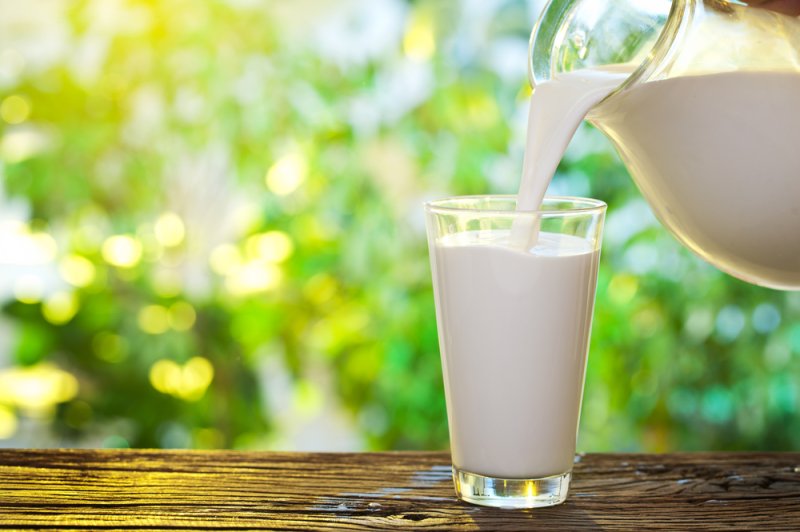A new study suggests the dieting habits of teens and young adults are putting their bone health at risk later in life. Photo by UPI
April 12 (UPI) -- The National Osteoporosis Society, or NOS, in England reports in a new study that it found an alarming dieting trend among teenagers and young adults.
Researchers report they found 70 percent of 18- to 35-year-olds have been or are currently dieting, and that 20 percent had cut from their diet, or significantly reduced, dairy intake -- a vital source of calcium needed for bone growth and strength.
"Diet in early adulthood is so important because by the time we get into our late twenties it is too late to reverse damage caused by poor diet and nutrient deficiencies and the opportunity to build strong bones has passed," Susan Lanham-New, clinical advisor to the NOS and professor of nutrition at the University of Surrey, said in a press release.
Researchers found the most common diet among people age 25 or younger in England is a "clean eating" diet, which consists of cutting out whole food groups entirely.
The study also found that people under age 25 were more likely to be following health, diet or nutrition bloggers on social media more than any other age group. Researchers warn about the influence of fad dieting regimes promoted on social media and the impact they have on teens and young adults and their future health.
Researchers said cutting out whole food groups during early adulthood, when the foundations of good bone health are built, could significantly increase risk for developing osteoporosis later in life.
Osteoporosis affects half of all women and one in five men over the age of 50, causing bones to become fragile and break more easily.
"Without urgent action being taken to encourage young adults to incorporate all food groups into their diets and avoid particular 'clean eating' regimes, we are facing a future where broken bones will become just hte norm," Lanham-New said. "We know that osteoporosis is a painful and debilitating condition and young adults have just one chance to build strong bones and reduce their risk of developing severe problems in later life."















